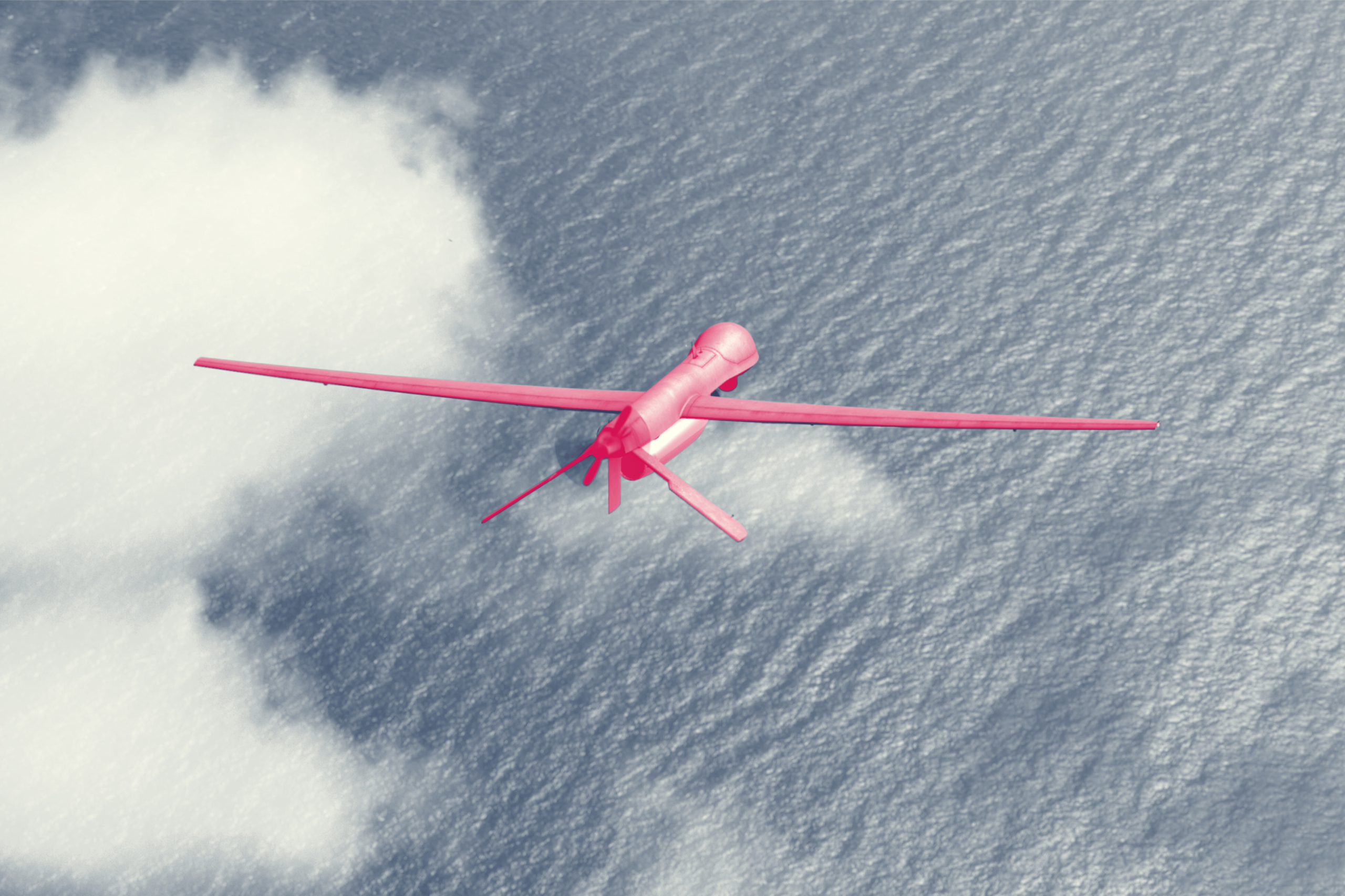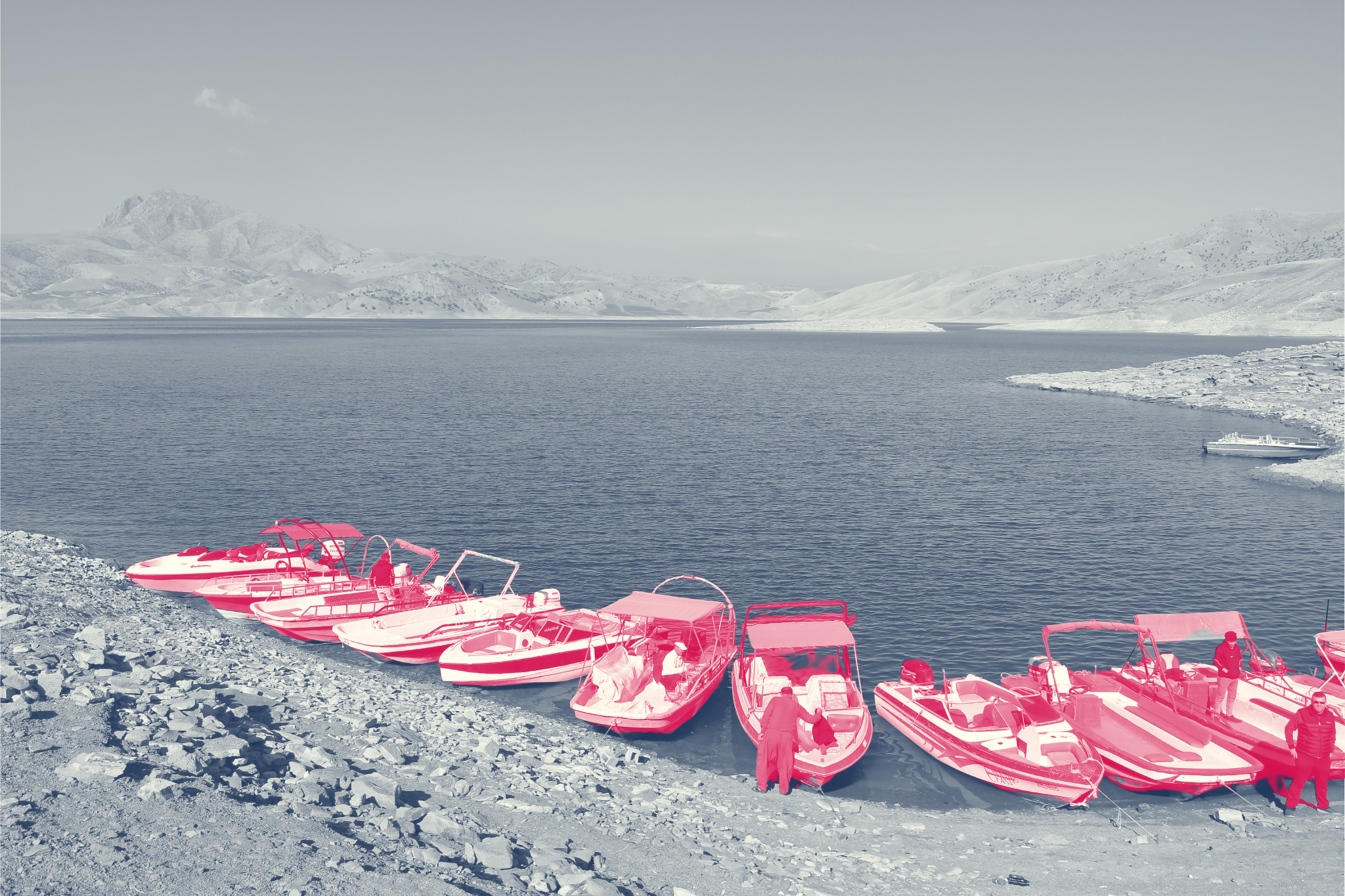

The small town of Ranya in Iraqi Kurdistan once loomed large in British foreign policy and now matters a great deal to Labour’s migration policy.
The Kurdish uprising against Saddam Hussein’s genocidal dictatorship began there in 1991 and was nearly crushed before John Major pioneered a safe haven over the Kurdistan Region of Iraq (KRI).
This stopped Saddam’s helicopter gunships from further massacring the Kurds and allowed those who had fled for safety to the mountains and further afield to return home and begin to make the most of their freedoms. The KRI is an internationally recognised if now beleaguered region in Iraq and sees the UK as a special ally.
However, Ranya is now a major source of recent waves of irregular migration of people risking their lives on small boats in the English Channel. I visited Ranya last month to meet the Mayor, Hiwa Qarani, and his aides who want us to understand this potentially existential exodus of entrepreneurs and workers. This is what I learnt there and from others.
The town beautifully nests in the mountains near to Iran but jobs and hope are declining for several interlinked reasons. A major push factor is Baghdad’s refusal to recognise Kurds as equal citizens.
The KRI has been suffocated by punitive underfunding from the federal government in Baghdad for over a decade. Public salaries are regularly unpaid and are in arrears, fair shares of resources such as food and medicines are denied, and investment in public projects has dried up. The oil pipeline to the world has been shuttered for two years and over £20 billion in revenues has been lost.
Climate change is another push factor. Iraq is the fifth most vulnerable country to climate change. Ranya is drying up through droughts and lower water tables that are reducing the contribution of agriculture, a mainstay of the local economy.
Organised criminal gangs are exploiting despair by people who can buy their services. It’s also highly likely that the Iranian regime is weaponising migration to destabilise its neighbour. A senior Iranian opposition activist has often told me that the Iranian regime is using asylum routes to infiltrate spies into the UK. Drug smuggling has also increased in recent years.
Home Secretary Yvette Cooper visited the KRI last November and announced co-operation deals with the Kurdistan Regional Government (KRG) to increase the capacity of its security forces.
A campaign of what the Home Office calls “deterrence communications” also seeks to counter disinformation spread by criminal gangs and stop people making the dangerous journey, including telling the real stories of people who have fallen victim to people smuggling gangs.
Previous generations of migrants escaping Saddam Hussein’s regime have been absorbed into the UK and are a valued community which I have come to know well. Some have returned to the KRI taking invaluable skills and education with them.
As an active supporter of the Kurds since 1991, I want Kurdistan to grow and that means more people deciding to stay there or to go home. The mayor was also alert to the need for assistance on job-seeking, small business-building, and reintegration for those who return. I saw what good this can do as a director for many years of the European Technology and Training Centre in the KRI which does that for returnees from the UK and Europe.
Without change, Ranya could lose its young men and become stuck in a spiral of decline that could hollow it out. This would make it less able to play its part in renewing the KRI. A more fragile KRI will be a less powerful beacon of religious co-existence and better women’s rights that the wider Middle East could emulate.
External help to encourage Baghdad to treat the Kurds fairly needs to be complemented by candid advocacy of internal reform in the KRI. I have seen first-hand how corruption and waste is eroding economic and social cohesion.
The KRI Foreign Minister and Prime Minister officially commended me for my work and the “warts and all” approach adopted by parliamentary delegations I have organised for many years.
There’s no point in praising positives but downplaying defects. The KRI needs less reliance on oil and state employment and a more diverse economy driven by a smart state and private enterprise as well as better governance. Britain and other allies can advise and assist on this, as they are in a crucial project to modernise and unify the KRI army, the Peshmerga, under full government rather than party control.
Learning about the impact of irregular migration from the other end of the human pipeline was instructive indeed in understanding the stakes for Iraqi Kurdistan. Saving Ranya and helping boost the KRI in Iraq would allow the Kurds to prosper in their own lands and reduce the costly pressures on our asylum system. The strong and growing bilateral relationship between the KRI and the UK should be a source of pride for party members and useful for reforming the migration system.
Gary Kent took part in an all-party parliamentary group delegation to Iraqi Kurdistan in April, his 40th visit to Iraq since 2008. He started working with the Iraqi Kurds in 1991 and was the APPG secretary across three decades as well as director of policy at the main university in the KRI for a year.
Gary Kent is an international relations expert and Labour Party member. His column for PB highlights Labour's foreign policy challenges.
View all posts